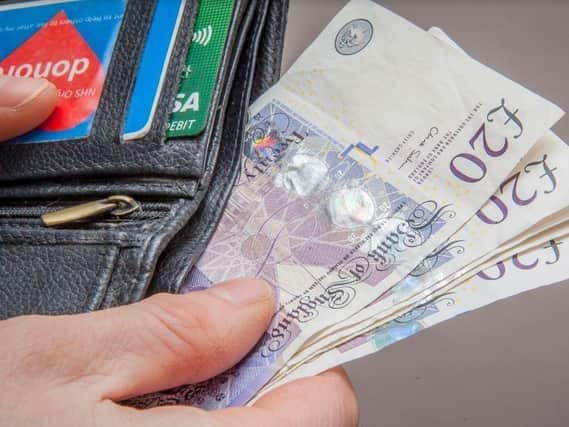How almost 700,000 customer accounts have been given a payment holiday


According to UK Finance, lenders have worked with the Financial Conduct Authority (FCA) to help people facing temporary financial pressures due to the Covid-19 outbreak by providing a payment freeze on credit cards and personal loans of up to three months, and offering customers the option of interest-free borrowing on the first £500 of their overdrafts.
As of April 30, almost 700,000 customer accounts have been given a payment holiday on their credit card. UK Finance members have also provided almost 470,000 payment holidays on personal loans for customers impacted by the coronavirus. Firms have also worked to ensure these steps will not adversely affect customers’ credit files, as taking a payment holiday will not be reported to credit reference agencies.
Advertisement
Hide AdAdvertisement
Hide AdIn addition, over 27 million customer accounts have been offered three months of interest-free borrowing on the first £500 of their arranged overdrafts if needed. Any overdraft interest waived by lenders during this period will not have to be repaid at a later date.
These steps to support borrowers facing financial pressures are part of a broad package of measures to help customers get through these tough times, including mortgage payment holidays, increasing the contactless limit to £45 and raising awareness of scams through the Take Five to Stop Fraud campaign.
Stephen Jones, UK Finance chief executive, said: “Many people across the country are facing financial pressures due to the coronavirus, and lenders are taking decisive action to help them through these tough times.”
He added: “We would encourage any customers concerned about their financial situation to check with their lender, starting by looking at their website.”
Comment Guidelines
National World encourages reader discussion on our stories. User feedback, insights and back-and-forth exchanges add a rich layer of context to reporting. Please review our Community Guidelines before commenting.